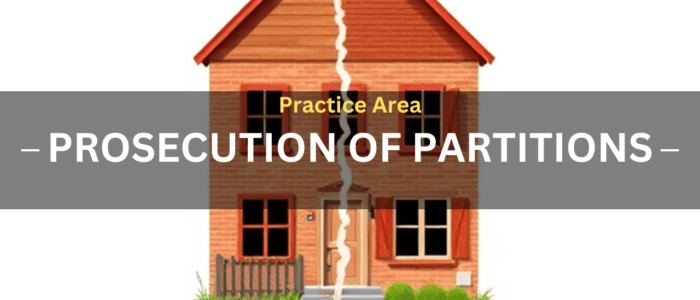Motion Practice in Constructive Trusts

Long Island Constructive Trust Attorney
By J. Douglas Barics
As with any litigated case, constructive trust actions will likely have numerous pre trial motions.
It is possible that summary judgment motions may resolve a constructive trust action, but a trial is often where the resolution will be found. Motions will be used to address various issues that occur on the way to the trial.
The best constructive trust lawyers will have a combination of legal knowledge about procedural rules and the underlying constructive trust law to properly seek or oppose any motions that are filed prior to trial.
Do you need representation in a Constructive Trust Action on Long Island or New York City?
Contact us online or at (631) 864-2600.
Motion Practice in New York Constructive Trust Actions
What you need to know about Motions in Constructive Trust Cases
What is a motion?
A motion is a request to the court for an order often made outside of trial. Motions are normally made on paper submissions, allowing both sides to state their position in writing along with any exhibits as references. If exhibits are used, they do not count as trial exhibits but are only considered for that particular motion.
What are some of the more common motions in Constructive Trust cases?
- Motion for a default based on the defendant not responding.
- Motion to dismiss without prejudice due to technical defects.
- Motion for summary judgment. Either side may request summary judgment.
- Motion to reargue a prior order.
- Motion to renew a prior order.
- Motion to compel discovery based upon failure to respond to discovery demands.
- Motion to preclude discovery based upon failure to respond to discovery demands.
- Motion to amend pleadings
Can a motion decide the entire constructive trust action?
Yes. A motion for summary judgment can be filed by either side. This motion asserts that there are no disputed facts which require a trial, and that the court can decide the entire case based upon undisputed facts. If the court determines there are facts in dispute, the summary judgment motion will be denied and all issues reserved for trial. If the court determines there are no facts in dispute it will determine if there are sufficient facts presented in the motion to dispose of the case. If there are insufficient facts, the motion will be denied and the case will proceed.
Am I entitled to a trial in my constructive trust action?
Yes. Given the nature of constructive trusts they are very often decided by trial as the underlying factual elements to the constructive trust are almost always in dispute.
Contact Our Constructive Trust Attorney Today
At the Law Office of J. Douglas Barics, we have the skills and knowledge to handle any constructive trust case, no matter how challenging or complex. With over 20 years of experience in constructive trusts, we can bring to you the services of a large firm at a fraction of the cost. When you need a skilled constructive trust lawyer located in Suffolk County, call The Law Office of J. Douglas Barics.
For a free phone case consultation or to schedule an office meeting, call 631-864-2600.







